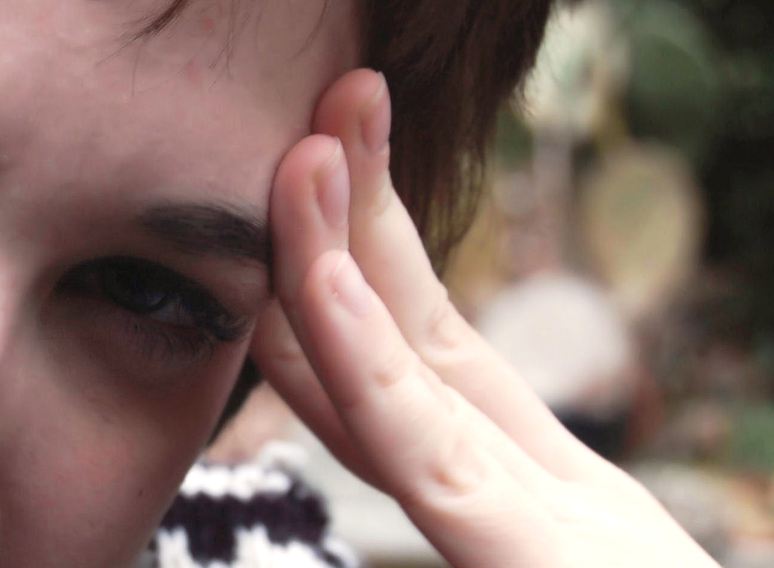
In the same way, though economists formulate policies to mitigate poverty, nobody thinks about how to undo its debilitating effects on mental health. In an attempt to foster discussion about these neglected issues, the Karachi Psychiatric Hospital (KPH) organised a seminar on Sunday at the Sindh Museum. Mental health experts not only grappled with these problems but tried to think of ways in which therapy can be made accessible for the masses.
The mental health experts pointed out that unlike other medical conditions, people suffering from psychological problems report to doctors less frequently. The social stigma attached to mental health problems and a lack of awareness about them are the major reasons that most people don’t seek help.
Dr Syed Mubin Akhtar, who heads the psychiatric hospital, said, “Our society is still shy about openly discussing psychological issues. In particular, gender-related problems are misconstrued as evil or perverse.”

He added that several mental health problems can easily be cured through pills and behavioural therapies while others that can be managed with a good social support network, including family. Given the available treatment options, the main hurdle seems to be the fact that people just don’t seek help in the first place.
“People often regard symptoms of depression such as low mood, loss of interest in activities, disturbed sleep and a change in appetite as normal. They also tend to disregard the effect of these symptoms on their physical health.”
He added that a large number people how have had traumatic experiences have learned to live with helplessness and fear instead of getting medical help. According to Dr Akhtar, a majority of patients who suffer from sexual disorders particularly run the risk of avoiding clinics. “While not many seek psychiatric help for their condition, those who do find it hard to discuss their problem with the doctors because of a lack of privacy at clinics.” He claimed that most psychiatrists don’t provide privacy to their patients, who are forced to discuss their issues in front of other people. He also pointed out that there have been no studies to explore the prevalence of psychological problems in the general population or even specific communities.
Dr Darya Khan Laghari, who heads the Sir Cowasjee Jehangir Psychiatric Hospital, Hyderabad, said that in a country where the physical health of a significant chunk of the population might be in jeopardy, mental health is often overlooked.
“We live in a society enmeshed in multifarious problems. People routinely get irritated and depressed by uncontrolled traffic, load-shedding, social stratification, job stress and a lack of recreational activities.”
He noticed that while mental health problems are rampant, medical universities are not producing enough psychiatrists and psychologists to deal with the situation.

Dr Moin Ahmed Ansari, the chairperson of the Psychiatry Department at Liaquat University of Medical and Health Sciences, has started preparing guidelines for people on psychological problems. “We are consulting all psychologists and psychiatric hospitals in the country to come up with national guidelines which are based on our cultural and religious norms.” According to him, the guidelines will primarily help address stigmas.
Syed Salahuddin of KPH, said all the branches of the institution, including the one in Hyderabad offer tele-health services through which residents of remote areas or villages are offered consultation, psychotherapy and prescribed medicine. KPH charges well-off people a small fee and provides free services and medicine to the poor, he added.
Published in The Express Tribune, March 26th, 2013.
COMMENTS (1)
Comments are moderated and generally will be posted if they are on-topic and not abusive.
For more information, please see our Comments FAQ





1732697578-0/Untitled-design-(5)1732697578-0-270x192.webp)











Great article, totally agree on this one. 99% of the Pakistani population suffers from one mental condition or another just to the fact that they live in a very challenging environment especially when there is no government, law or order. If a common Pakistani went abroad and saw the free mental health programs launched by western governments, they would be shocked at the level of callousness their government behaves towards them. Government is the servant of their countrymen. Good mental health is essential for a good life. I think also without a good social network and privacy where you can discuss your problems without any judgement is crucial too as Pakistanis are well known for gossiping alot and not respecting privacy. The whole mindset in Pakistani society has to change.